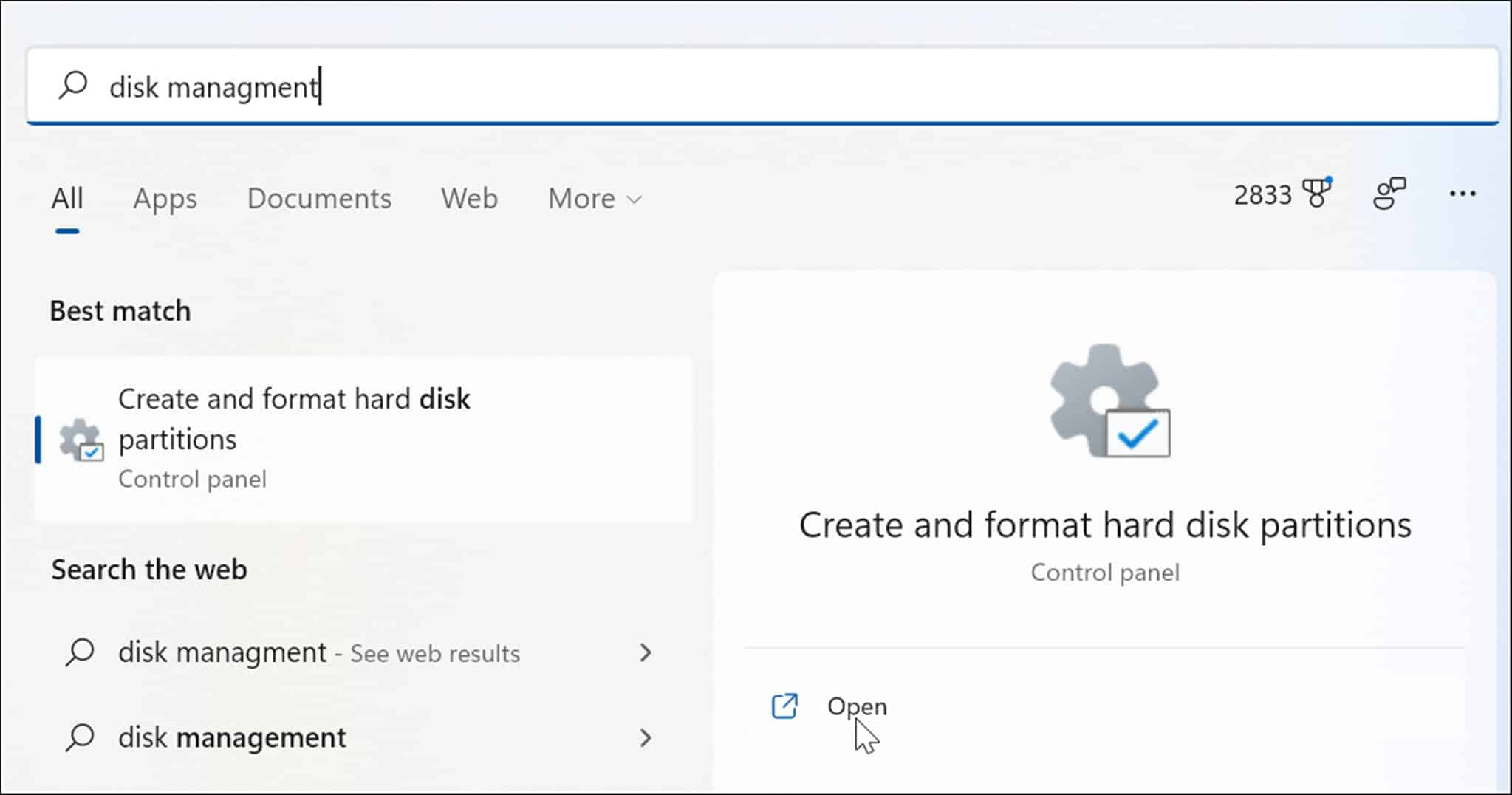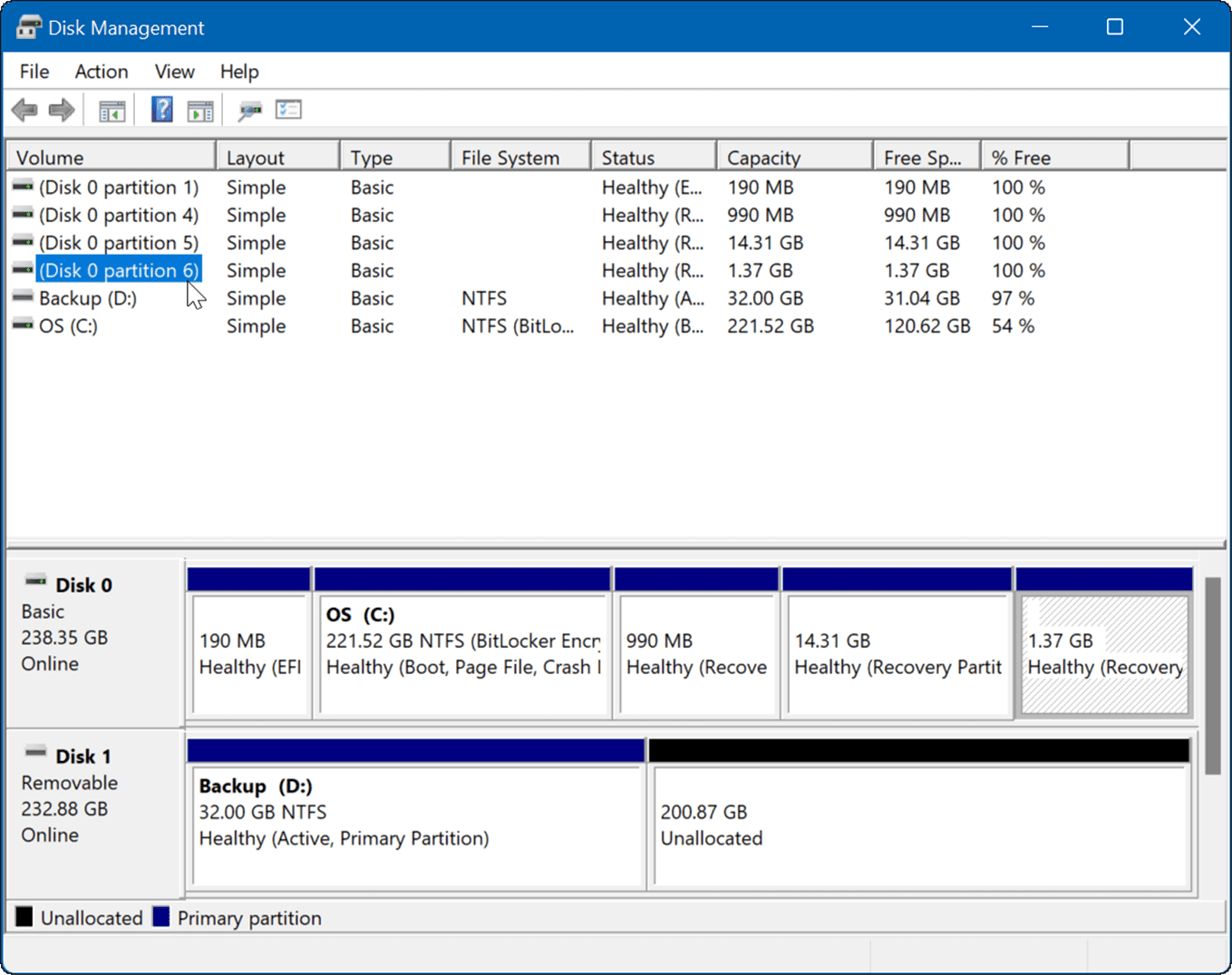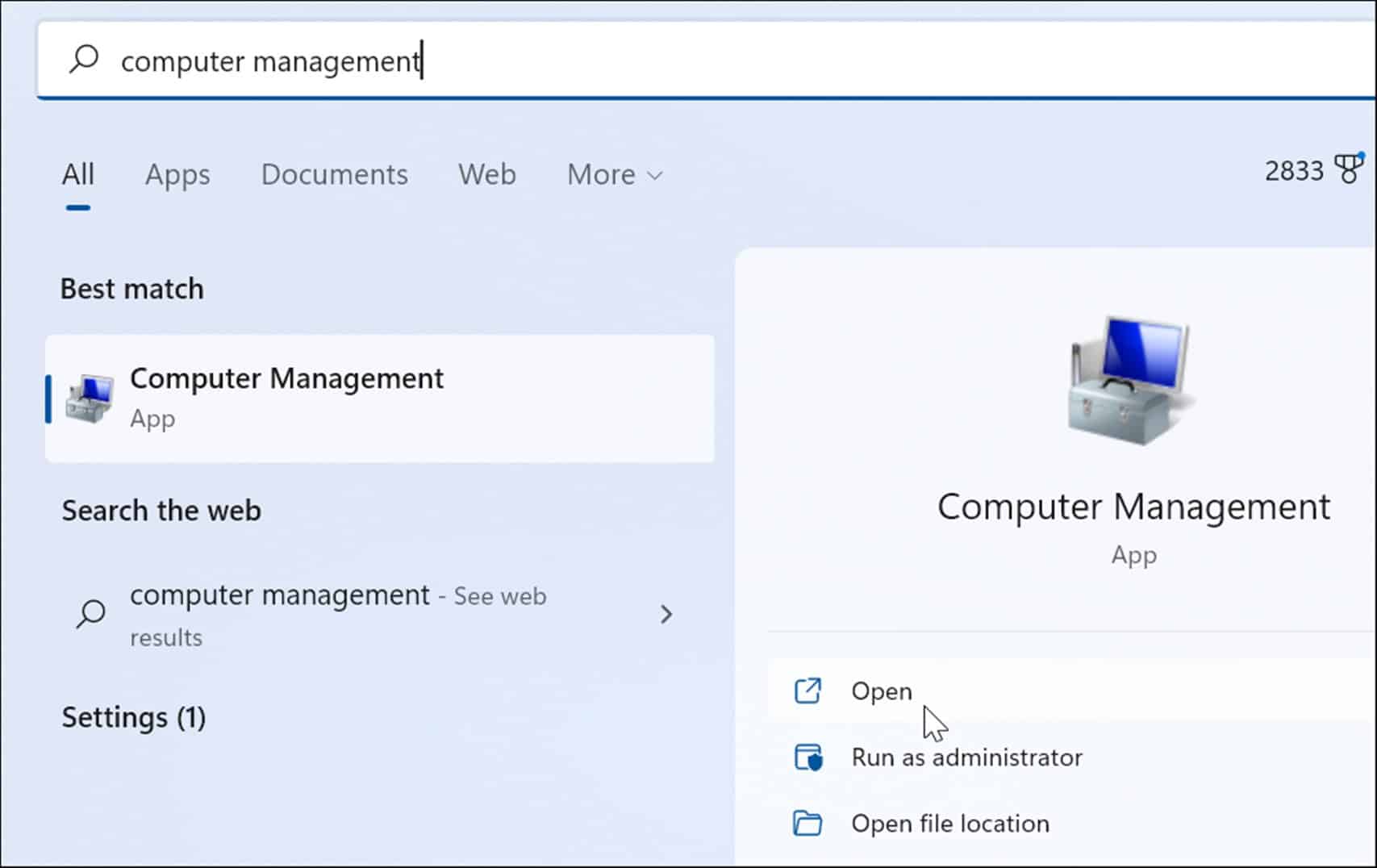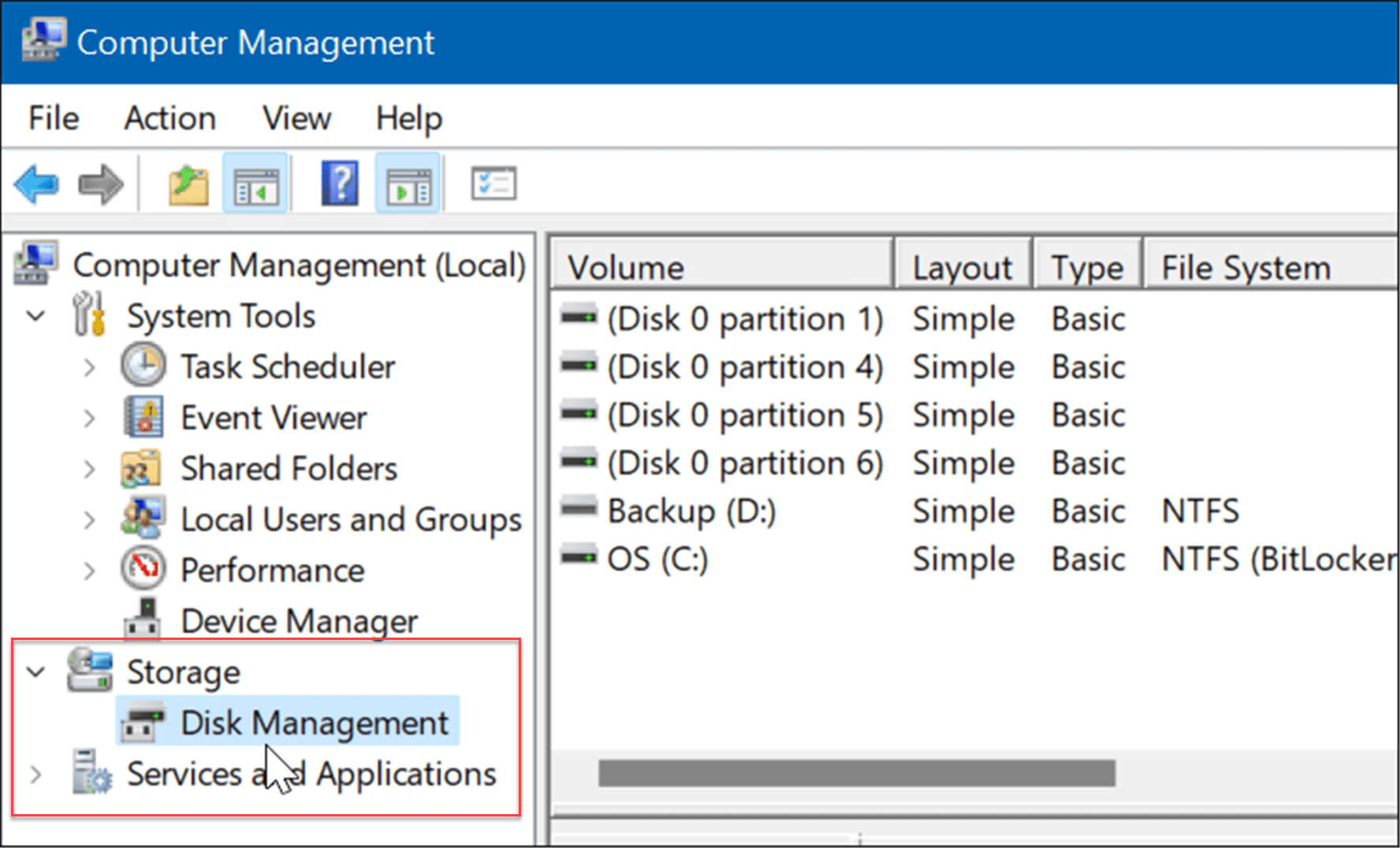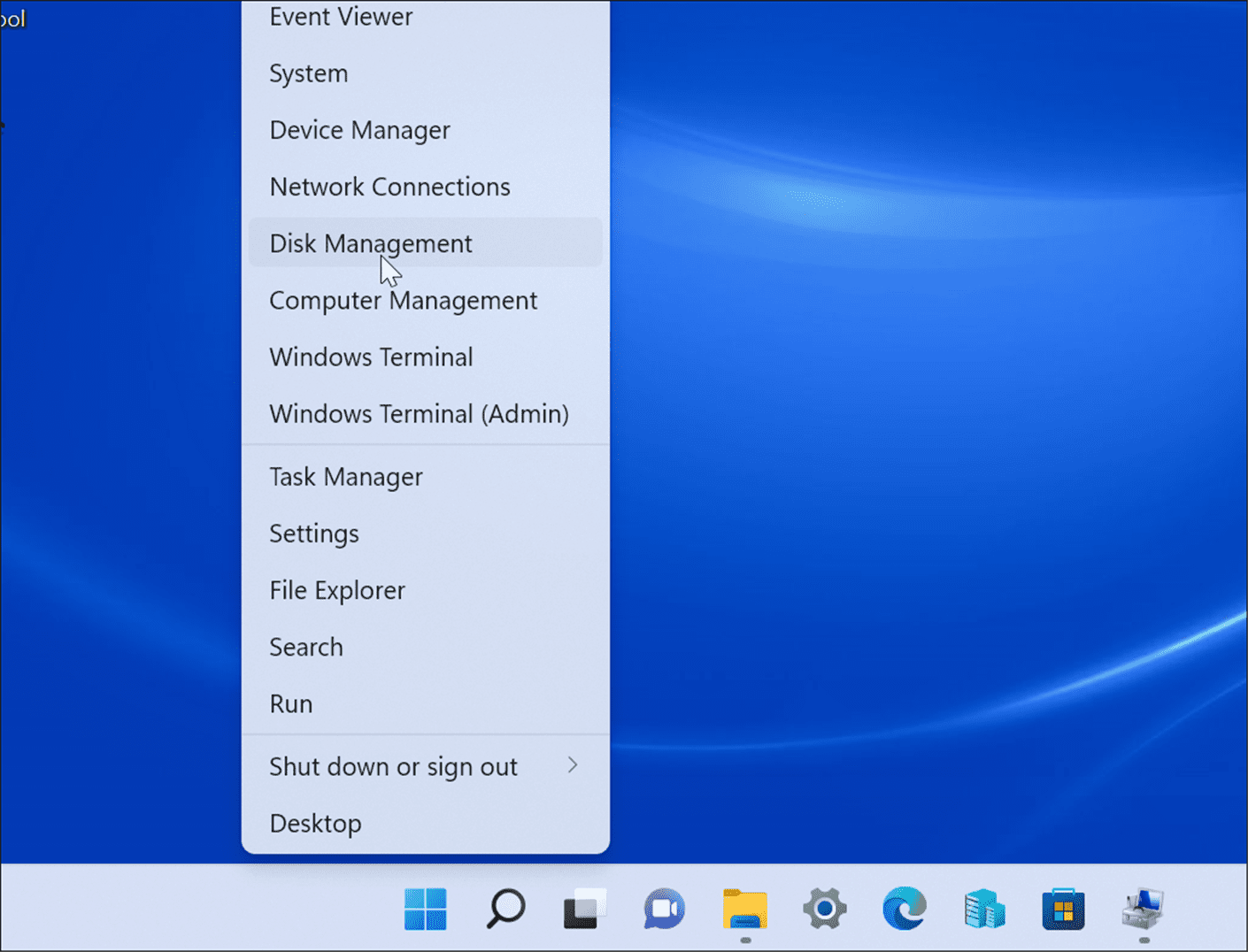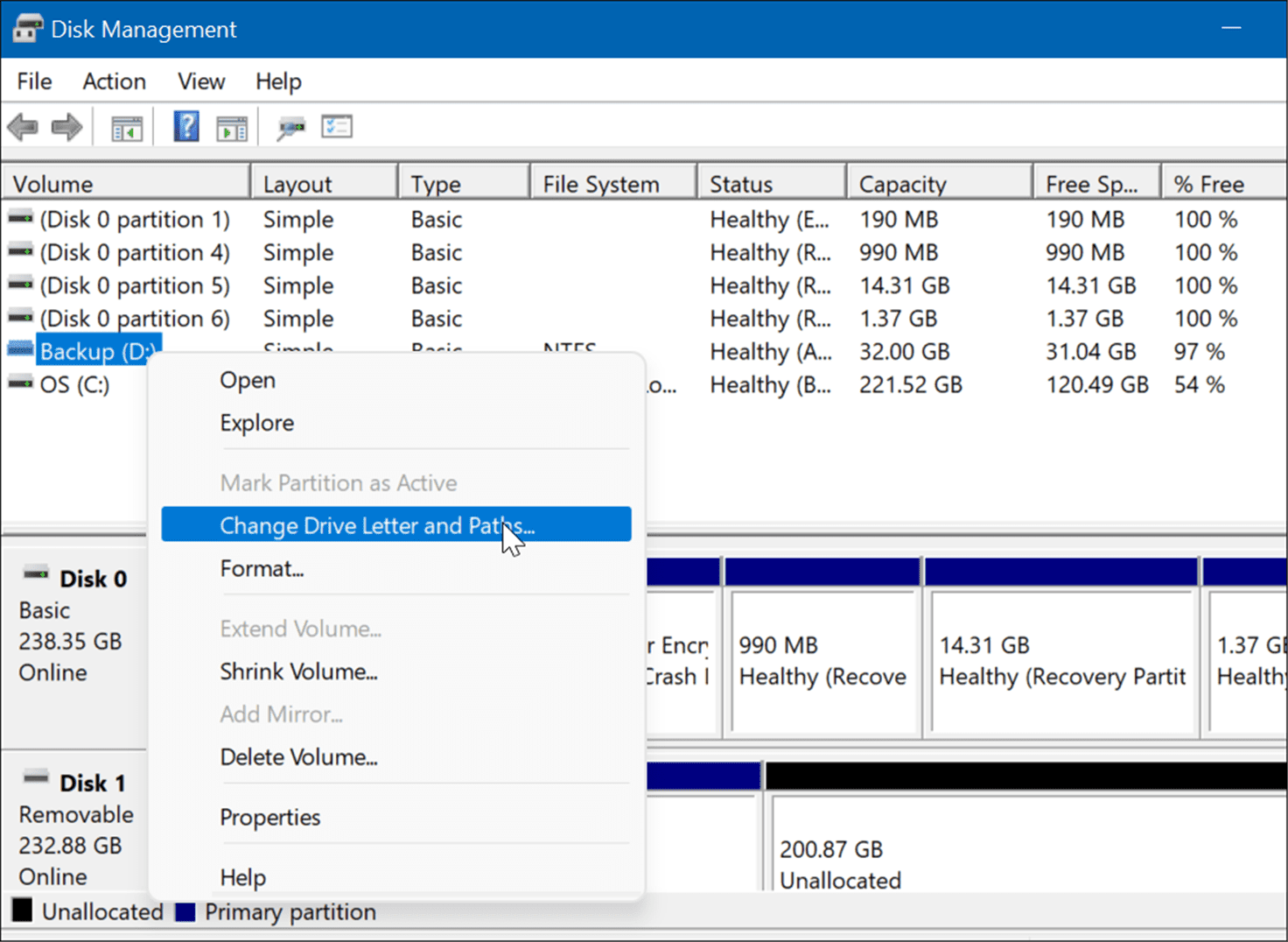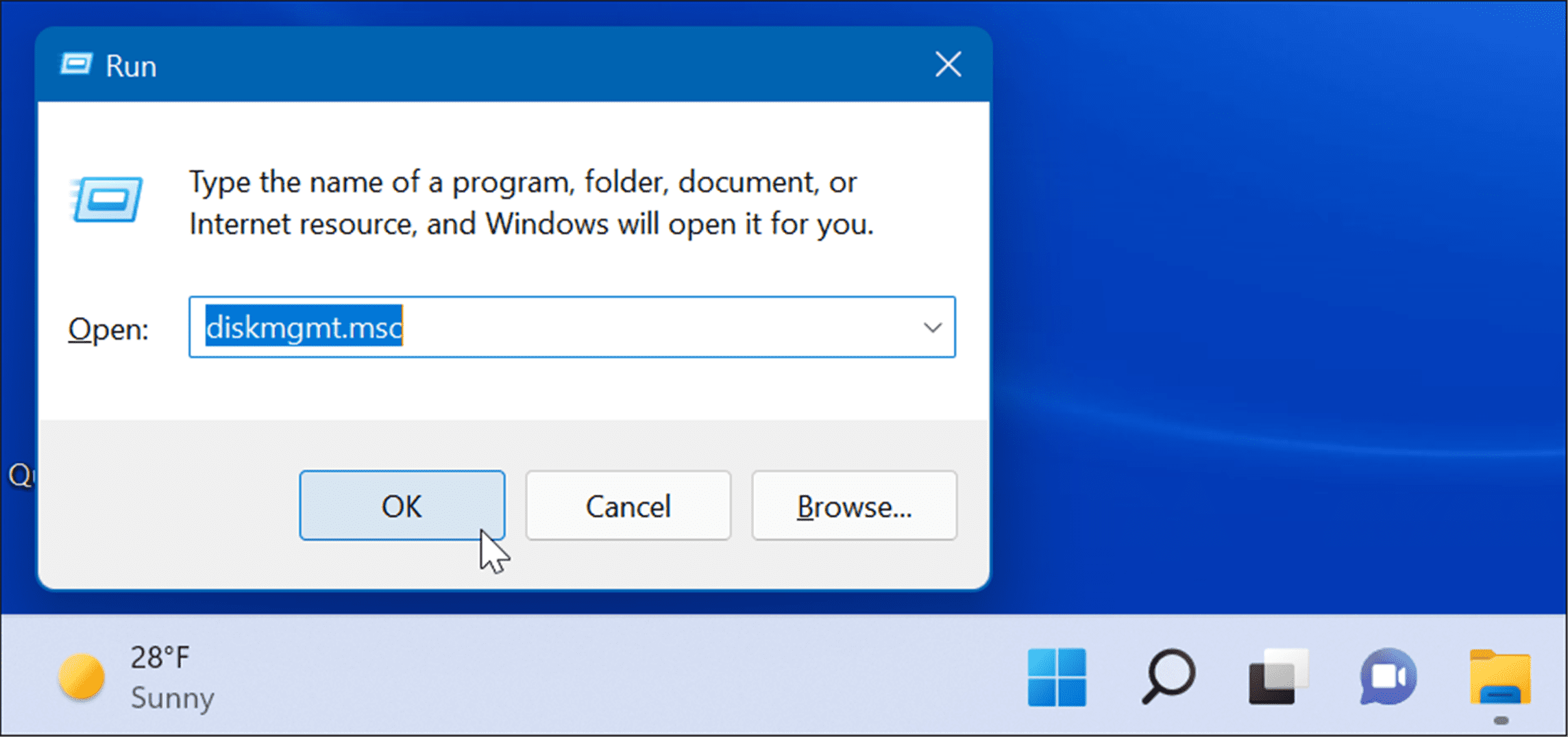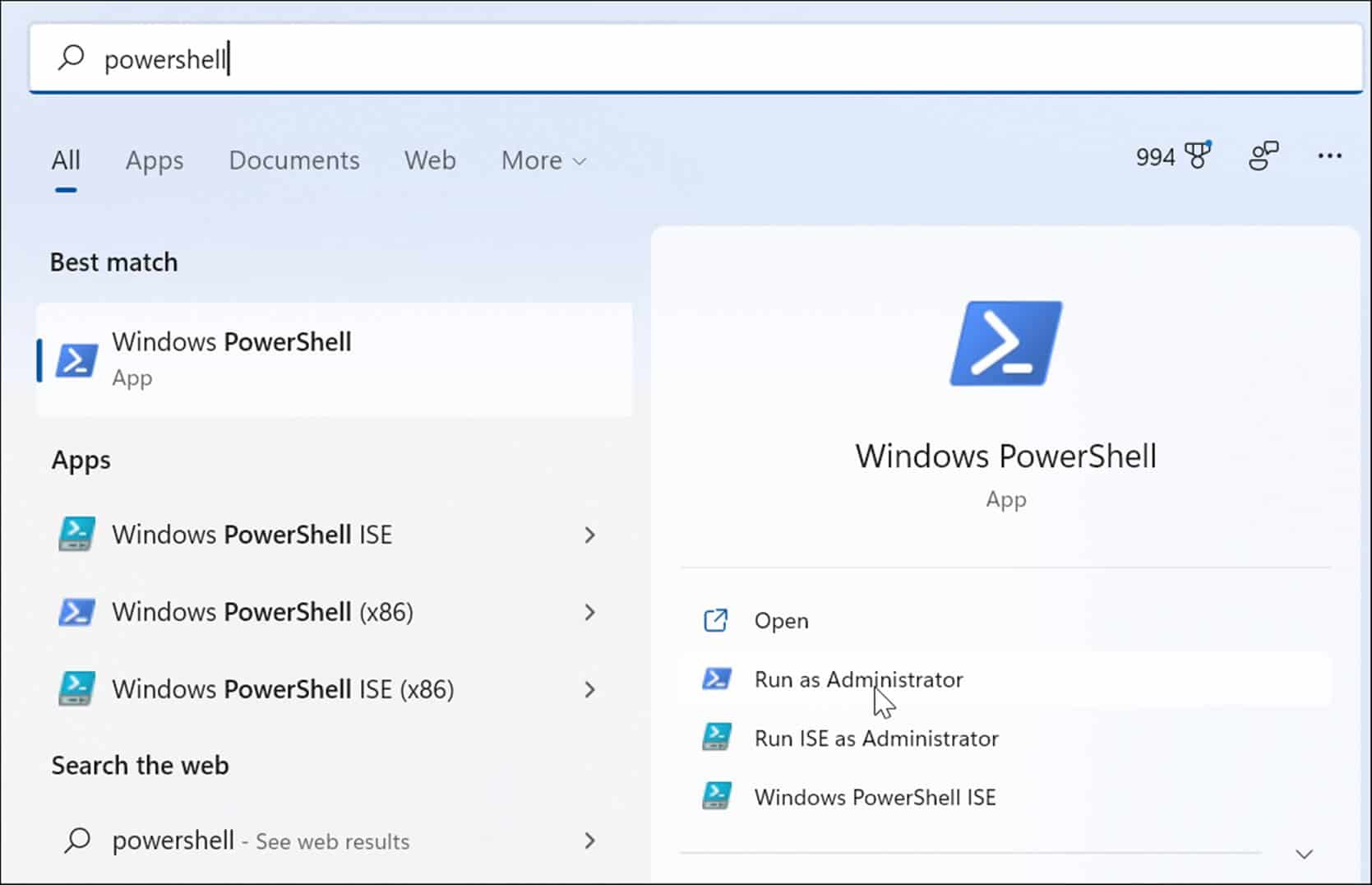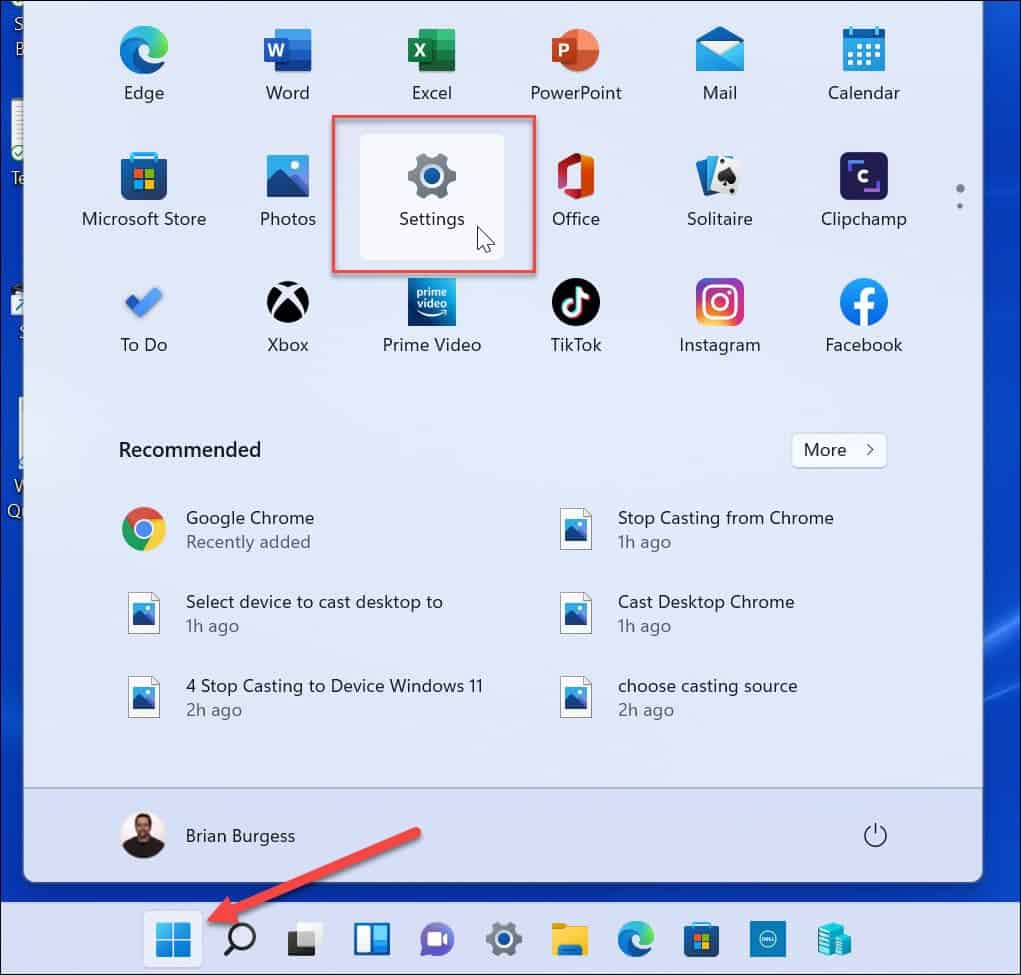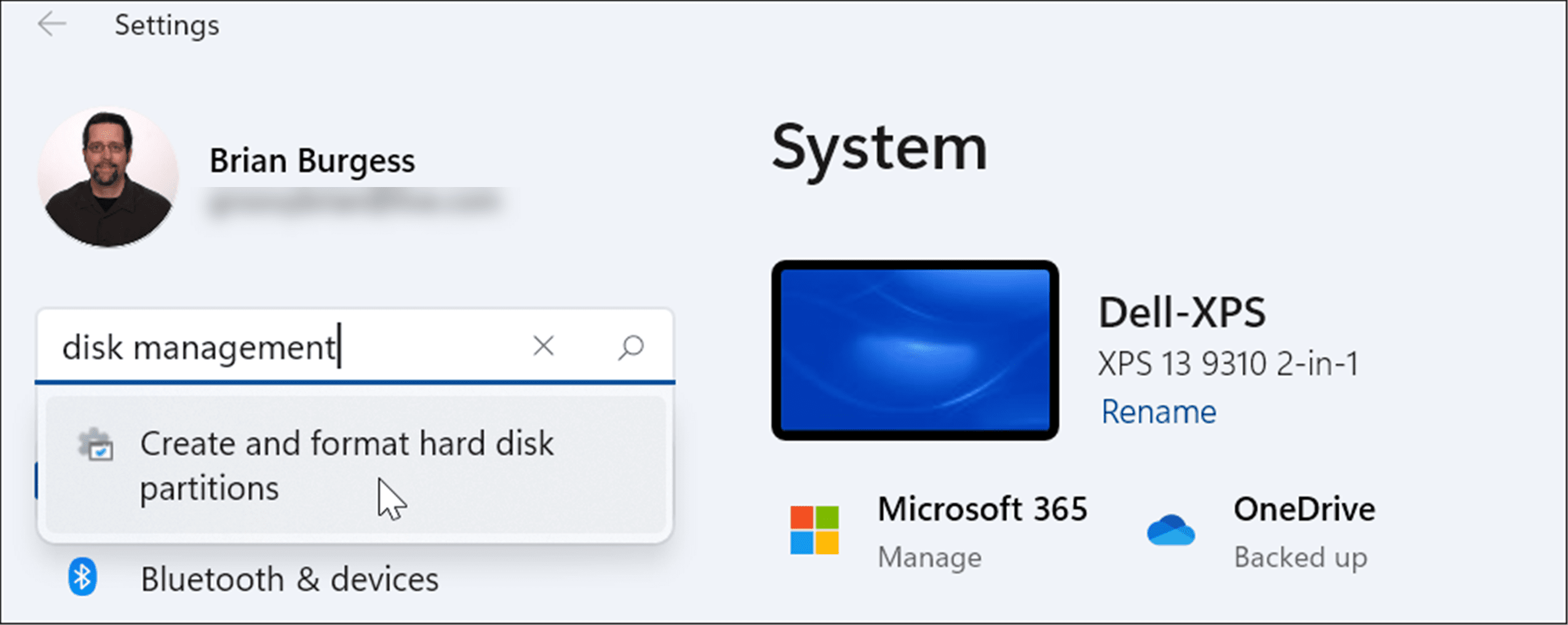There are a few ways you can use this tool—as well as open it. If you want to speed up your workflow, here are six different ways you can open Disk Management in Windows 11.
1. Search for Disk Management
To avoid clicking through menus, you can search for Disk Management and open it directly. To open Disk Management using the search bar in the Start menu, use the following steps:
2. Launch via Computer Management
Another way to open Disk Management is by using the Computer Management tool. To use Computer Management to launch Disk Management:
3. Open Disk Management from the Power User Menu
Available items on the Power User Menu (eg. Windows key + X) have changed slightly in Windows 11. Still, you can right-click the Start button or hit Windows key + X to launch it and access Disk Management. Launch Disk Management from the Power User menu using the following steps:
4. Launch Disk Management from the Run Dialog
Another option you have available is launching Disk Management from the Run menu. To launch Disk Management from the Run line, do the following:
5. Launch Disk Management from PowerShell
If you prefer the command line way of doing things, you can open Disk Management from the PowerShell terminal. Use the following steps to launch it:
6. Open Disk Management from Settings
You can also open Disk Management directly from Settings – it’s just named something different. Use the following steps to open Disk Management directly from Settings on Windows 11:
Using Disk Management on Windows 11
The Disk Management tool is a really useful tool to use on Windows 11. It allows you to quickly resize or delete partitions and change new drive letters. However, you can also change drive letters on Windows 11 by using the Settings app. Windows 11 has other helpful built-in tools when it comes to maintaining your drives. For example, you can enable and configure Storage Sense to keep your drive clean. You can also reclaim drive space on Windows 11 with the Cleanup Recommendations tool. If you’re not on Windows 11 yet, read about maximizing storage space on low-capacity devices. Comment Name * Email *
Δ Save my name and email and send me emails as new comments are made to this post.
![]()

